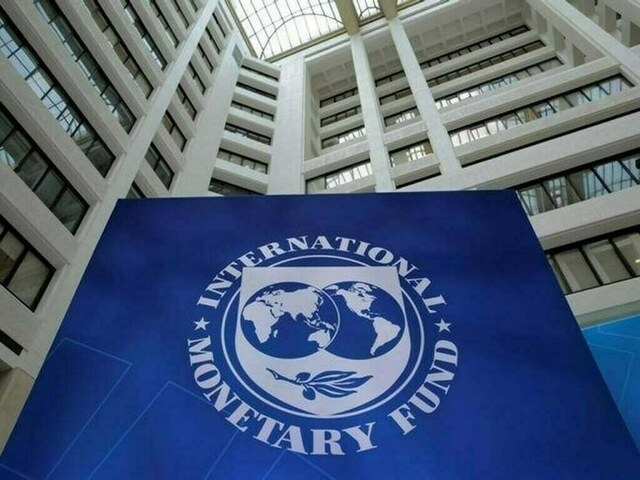WASHINGTON: The European Union needs to adopt only a small number of reforms to boost economic growth sharply, increase competitiveness and maintain welfare programs, Alfred Kammer, head of the IMF’s European department, told Reuters on Friday.
“At the European level, we have some small reforms which we call a ‘down payment’, and they produce a higher GDP growth rate of, on average, 3 percent in 10 years’ time,” Kammer said.
The reforms would lower electricity prices, increase labour mobility, harmonise bankruptcy laws among EU countries and raise the share of pension and insurance funds’ assets invested in EU venture capital, he said.
EU GDP grew 1.0 percent in 2024 and the European Commission expects growth to accelerate to 1.1 percent in 2025 and 1.5 percent in 2026.
The EU could further boost growth and offset higher US tariffs on European goods by removing some internal trade barriers among the bloc’s 27 countries, which now create an effect equivalent to a 44 percent tariff on goods and a 110 percent tariff on services, Kammer said.
The EU wants to grow faster and compete more effectively with the US and China. To achieve that, member states need to work more closely on political, economic and regulatory issues so businesses across the bloc can capitalize on its greatest strength, a single market of 450 million people.
But the closer integration of the internal market is politically difficult, even though Europe has all the necessary ingredients for success, Kammer said.
The US is a leader in innovation but not in manufacturing. China is very strong in manufacturing and catching up on innovation, he said.
“Europe has a strong manufacturing base and it has strong innovation — the best of both worlds, but it has to connect what you have in each country and utilize it, and that’s the single market and that’s the strength of Europe,” Kammer said.
To achieve that, the EU wants to create a Savings and Investment Union (SIU) among its 27 countries, to allow some 10 trillion euros of consumer savings, now in low-yielding bank deposits, to go into more profitable investments and securities.
But bridging 27 tax, labour and legal systems has stymied progress for a decade. Starting with the few “down payment” reforms could help boost growth more quickly, Kammer said.
“These reforms truly matter to generate growth, higher income levels, and they are essential in order to maintain European welfare states, because the more of these growth-enhancing reforms you do, the less fiscal adjustment you need to deal with long-term spending pressures,” Kammer said.
He said that while some countries would gain more from the reforms than others, all EU states would see stronger GDP growth of 2 percent to 5 percent after 10 years.


